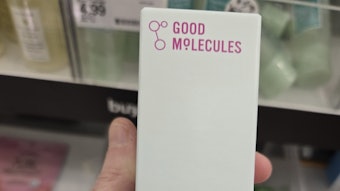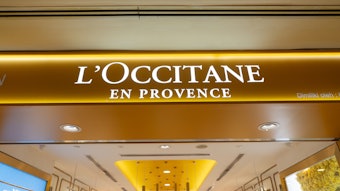
A recent NPR interview with Honey Pot founder Bea Dixon offers lessons for any brand undergoing changes to its core products.
Dixon, who founded Honey Pot to deliver "plant-derived feminine care," recently experienced the universal challenge of supply chain disruptions and related out-of-stock issues.
At the same time, the brand sought to upgrade its shelf life by adopting a new preservation system that kept the brand compliant with Clean at Sephora and Target Clean.
Unfortunately, when the reformulated products landed on shelves and in consumers' hands, social media posts proliferated, calling out the brand for the unannounced updates to the ingredient composition and spreading misinformation about the company having been sold and, therefore, no longer Black-owned. (The company has not been sold and Dixon remains its leader.)
"We didn't plan for that [reformulation] change to happen when it did," Dixon told NPR reporter Ayesha Rascoe. "But with the way that the global supply chain is set up, we had to kind of accelerate those changes much quicker, you know, while also running the business. There were so many things that were happening all at one time and ... we had to accelerate our new formula, kind of bringing it into the fold because we were out of stock, and we wanted to get back into stock faster."
Dixon and the brand have since released a wide range of explainers on Twitter and Instagram. Consumers have reacted to the communication push with support but also skepticism, showing the challenges authentic brands face when making updates.










